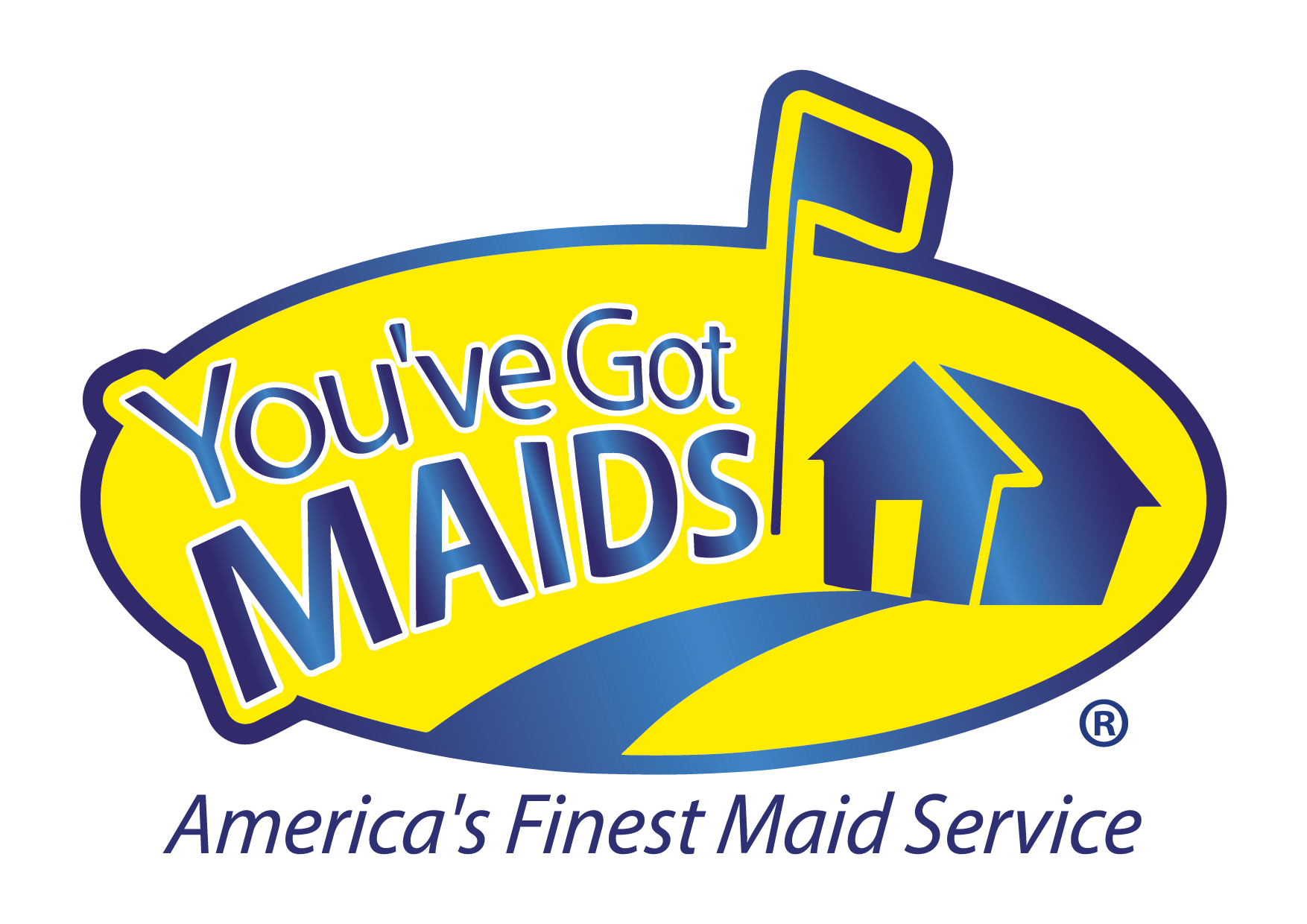
Metal polishes, such as those for brass, copper, stainless steel, and chrome, are also on our Terrible Ten list -- and for good reason. Most metal polishes contain ammonia and usually at least one type of acid, among other undisclosed ingredients. This is another area where it's a good idea to try greener methods first before plunging into the use of harsh commercial products.
Do you have tarnished copper or brass antiques? Give them loads of shine without doing any damage by bringing in salt and vinegar and adding one more ingredient from your kitchen cupboard: flour. Make a paste using equal parts of the three ingredients; rub the paste onto the brass or copper item with a soft cloth. Cover the entire surface and let the whole thing dry out (this will take about an hour). Wipe off the dried paste with a clean, soft cloth.
Lemon can also be used for lightly tarnished brass or copper pieces. Slice one lemon and dip it in salt, then rub the item with the salted lemon. Afterward, rinse and dry thoroughly.
Another fix for lightly tarnished copper is to use a spray bottle filled with undiluted vinegar. Just spray the copper piece and sprinkle the tarnished area with salt. Wipe thoroughly with a sponge or cotton cloth; be sure to remove all the salt, or the item will turn green. Repeat if necessary.
If your wood-burning fireplace has gathered soot and smoke smudges around its exterior, you can spruce it up by applying a paste of cream of tartar and water. Rub the paste into the stains, let it dry, then scrub it off.
If it's the inside of your fireplace and chimney you're worried about, you can help loosen soot buildup by tossing an occasional handful of salt into the fire the next time you're enjoying your fireplace. The burning salt will help loosen the soot a little, buying you some time between major cleanings.
It may sound overly simplistic, but one way to save time and energy on cleaning -- not to mention energy resources -- is to live in a smaller home. Too many of us are occupying more space than we really need. Over the past three decades, house sizes in the United States have been steadily growing. In 1970, new homes built in the United States averaged 1,500 square feet. In 2001, the average was more than 2,300 square feet, even though fewer people are living in each home (smaller families are the norm now, compared to the '70s).
If you're in the market for a new home, carefully consider how much space you really need. Most of us spend the bulk of our time in very few of our home's total rooms. Often we'll dedicate a room to one specific purpose (the sewing room, the guest room) only to have it sit idle, gathering dust for months on end. To make the most of your space, think "multiple use" when choosing or designing a home based on the number of rooms.
Several nonprofit organizations and trade groups dedicated to building smaller houses have sprung up to address the trend toward ever larger homes in the United States. In fact, they're being successful in some areas -- Los Angeles, California; Edina, Minnesota; Wellesley, Massachusetts; Atlanta, Georgia; and Austin, Texas, are among the cities that have recently considered setting an upper limit on house size in certain parts of their city, based on the theory that large houses are a huge drain on community resources. Developers have cried foul over these efforts -- every American has a right to own a Mega Mansion, after all -- but a case can be made about the drain on publicly controlled natural resources when homes are too large.
Cleaning your home can also lead to a massive decluttering of your house. Often after a big cleaning binge, you may find that you've accumulated a small mountain of items that you don't need anymore. If any of it is reusable, you may want to consider joining an online community called Freecycle (www.freecycle.org), which has localized chapters of members who let each other know what stuff they have hanging around that they would like to give away -- anything from kitchen appliances, bicycles, and furniture to magazines, clothing, and diapers (unused, of course!).
The Freecycle community takes place entirely online, after you sign up to be a part of an e-mail group (also called a listserv). The groups are local even though Freecycle is a nation-wide program. It's a great way to declutter the house and provide somebody else with something they need -- all without the hassle of staging your own yard sale. Plus, moving around possessions already in existence is a way to prevent more goods from being manufactured or being dumped into a landfill.
Similarly, you might look into turning other outdated items over to charitable programs such as the DAV (Disabled American Veterans), Goodwill, or the Salvation Army. There are also organizations that will take your old electronics (such as computers and cell phones), your printer cartridges, your eyeglasses, and even your sneakers and distribute them to others who need them. A simple Internet search will offer many options to help you get rid of some of these items in your home.
You diligently clean your house daily or weekly as needed, perhaps also doing big cleaning projects twice a year. This is all well and good, but do you give your home's infrastructure a regular cleaning? Your heating and cooling air ducts should also be inspected and cleaned on a regular basis. If you've been in your home for a while and have never had your air ducts inspected, it may be time to do so. After all, the air that flows around your home affects your health as much as dirt and grime buildup!
The federal Environmental Protection Agency (EPA) recommends that a professional heating and cooling contractor inspect your home's air ducts and heating and cooling systems. If the contractor sees signs of mold, dust, dirt, and other contaminants, or if he or she notices a musty odor in the ductwork, having your ducts and systems cleaned will be recommended. If that's the case, you should consider hiring a professional duct cleaner -- this is probably not a job you can safely do on your own.
For a professional cleaning service give Youve Got MAIDS of Los Angeles a call at 818-646-6243 or visit us at www.lahousecleaning.com.
Check our website for a free estimate or call us today!
Guarantee | Franchise Info | Cleaning Services | You’ve Got MAIDS
©2015 You’ve Got MAIDS, LLC

